
Campaigns
Angling Trust calls for RSPCA to stop releasing seals on tidal River Nene
The Angling Trust have called on the Royal Society for the Prevention of Cruelty to Animals (RSPCA) to stop releasing rescued seals into the tidal River Nene at Sutton Bridge following evidence that some have become resident in the waters around Peterborough causing significant damage to freshwater fish stocks.
Working with Peterborough & District Angling Association and another 24 clubs in Cambridgeshire, Lincolnshire and Norfolk, the Angling Trust have expressed concern at the increasing number of tagged seals released from the RSPCA Rehabilitation and Rescue Centre at East Winch that have travelled upstream into freshwater environments instead of heading out to sea. Currently, there are five examples of tagged seals living around Peterborough, some 30 miles from the coast.
A seal’s natural habitat is in marine environments and, while they occasionally travel upstream into rivers, prolonged periods in freshwater environments can be detrimental to their own health and have an unsustainable and damaging impact upon fish stocks, other freshwater wildlife, and the biodiversity of freshwater ecosystems.
With the pressures placed upon rivers by abstraction, and agricultural and sewage pollution, these delicate ecosystems are not equipped to sustain a large marine predator and the impacts upon both the seal and the freshwater environment can be catastrophic.
Government guidance suggests that rehabilitated seals should be returned to the wild as close to the site of their rescue as practical.
Angling Trust’s CEO Jamie Cook said: “In spite of the efforts made by the RSPCA team at East Winch to map suitable tides and conditions for release, evidence suggests there are an increasing number of seals re-introduced at the Sutton Bridge site which are travelling into freshwater rather than their natural marine environment.
“We have therefore asked the RSPCA to immediately cease re-introductions at the Sutton Bridge site in order to protect both the seals as well as the native freshwater fish and wildlife they are encountering. We have no objection to the release of rehabilitated seals in line with government policy and have asked the team at East Winch to consider coastal release sites which will assist the seals in orientating themselves back into their natural environment and colonies, rather than finding themselves trapped alone inland.”
In a letter to the RSPCA’s CEO Chris Smallwood, Jamie writes: “Having worked so hard to rescue and rehabilitate these seals there is an interest for all in seeing them returned to their natural environment and their colonies in the Wash, however the current process is not achieving that aim. Although on a percentage basis, the number of released seals that do choose to swim upstream on release is undoubtedly small, each of these seals will consume vast amounts of freshwater fish, and one seal alone can decimate a fishery and cause profound damage to the ecosystem.”
Following a recent fish stock survey in the area, the Environment Agency reported: “In short, there are large sections of river in Peterborough with no fish in, the reduced numbers present have demonstrated large scale change in their established behaviour which will have played an important role in their survival previously. The relative timescale that this has happened in is short, if the pace the changes we see keeps up then it will reduce the adult population in the section further still which will impact the ecology of the river as a whole.”
Rob Harris, Chairman of Peterborough & District Angling Association, said that the EA report showed that the lower River Nene cannot sustain predation by marine mammals alongside the current pressures of pollution and climate change.
He added: “On behalf of P&DAA and clubs and organisations we represent across the Eastern region, we will continue to challenge the unnatural presence of seals for prolonged periods within freshwater inland fisheries and fight for the sustainable, successful, and healthy development of angling. To be clear, we wish no harm to seals and are concerned that they should be returned safely to their native coastal environments. The support and efforts of the Angling Trust are very welcome and represent exactly the need to ‘come together’ as anglers in order for us to ensure the future of our sport.”
The Angling Trust have contacted the British Divers Marine Life Rescue team and requested their expertise in returning the rehabilitated seals back to the sea. The Environment Agency have a statutory duty to protect freshwater fish and due to the evidence of multiple cases at this single release site the Angling Trust have also asked for their support in ensuring that seal releases at Sutton Bridge are suspended.
- A copy of Jamie Cook’s letter to the RSPCA can be downloaded here
You might also like
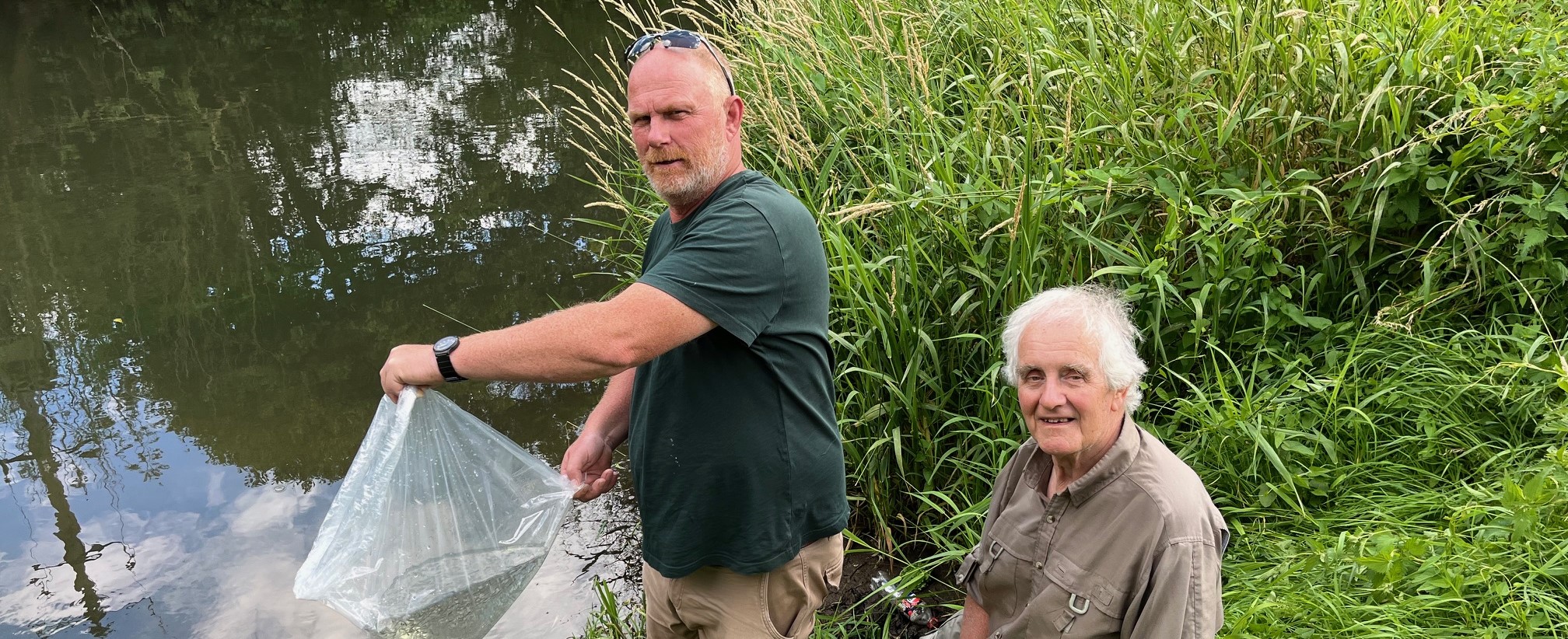
New Kennet Hatchery Releases First Reared Fish
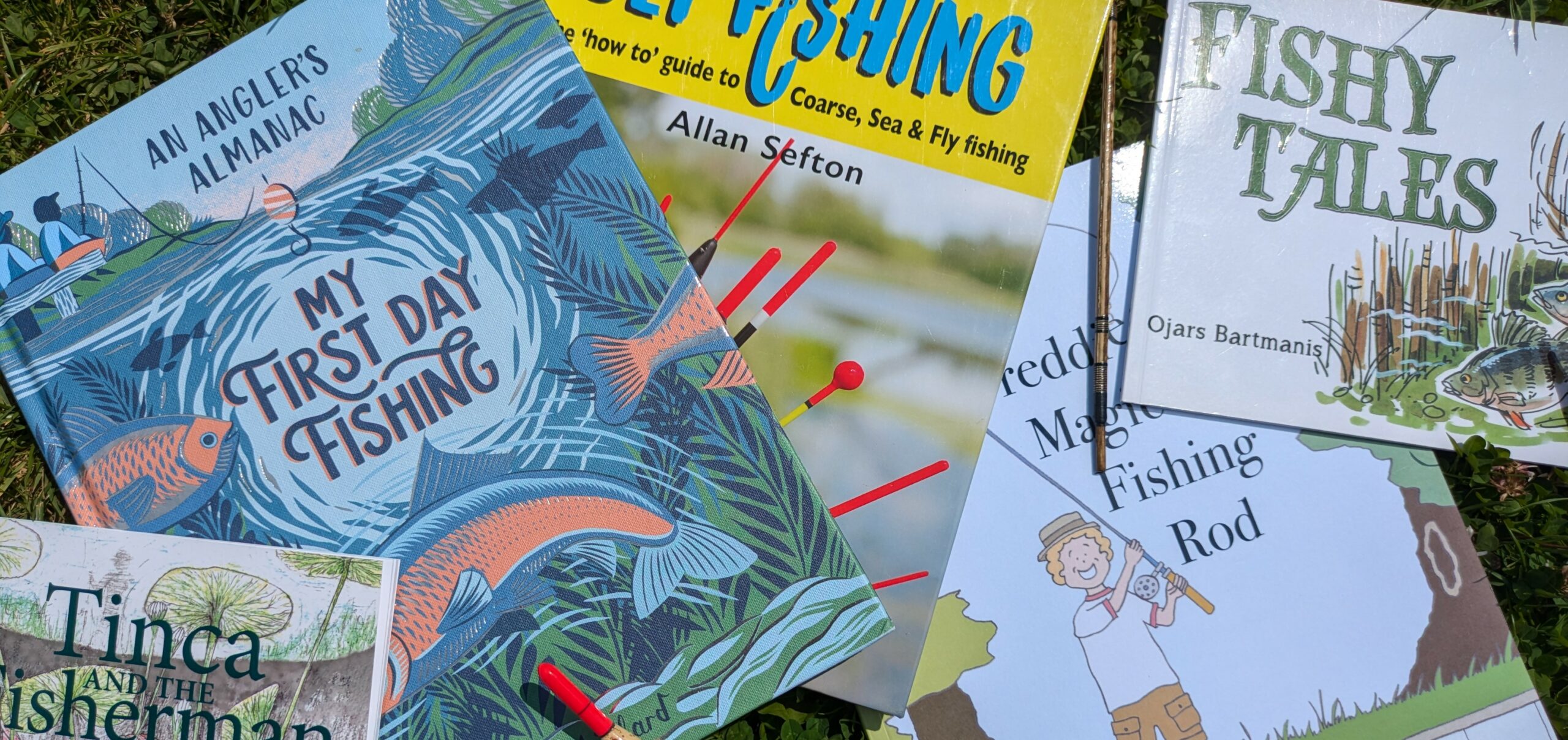
Fishing Books for Kids

UK Recreational Catch-and-Release Bluefin Tuna: A step closer to…
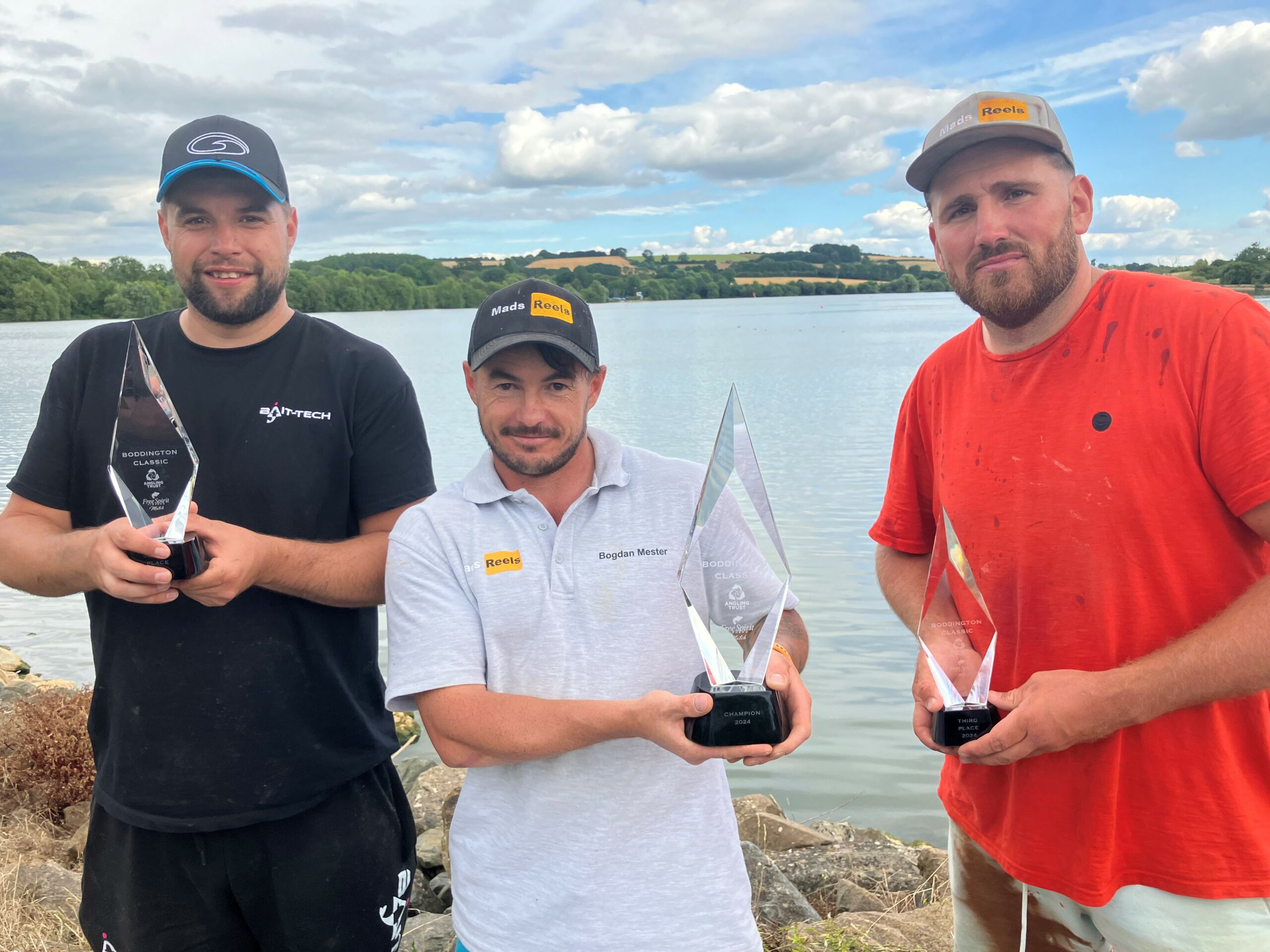
MESTER THE MASTER AT FREE SPIRIT MATCH BODDINGTON CLASSIC…
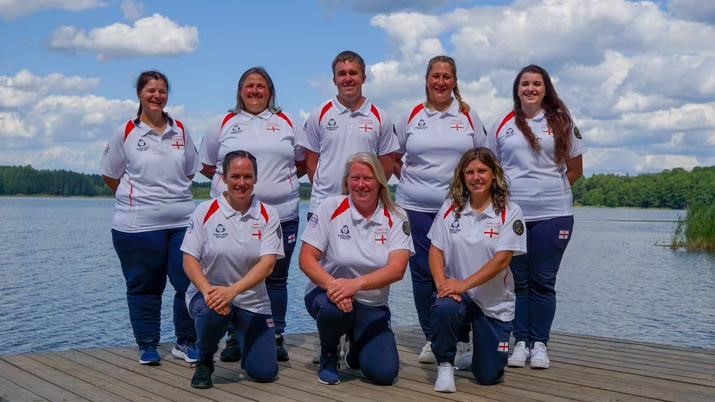
ENGLAND LADIES CARP TEAM MISS MEDAL ON TOUGH LATVIAN…

Angling Trust urges government to go further and faster…

ENGLAND YOUNG GUNS LEAD THE WAY IN HOME NATIONS…

AMAZING ENGLAND COMEBACK SECURES EURO CHAMPS BRONZE
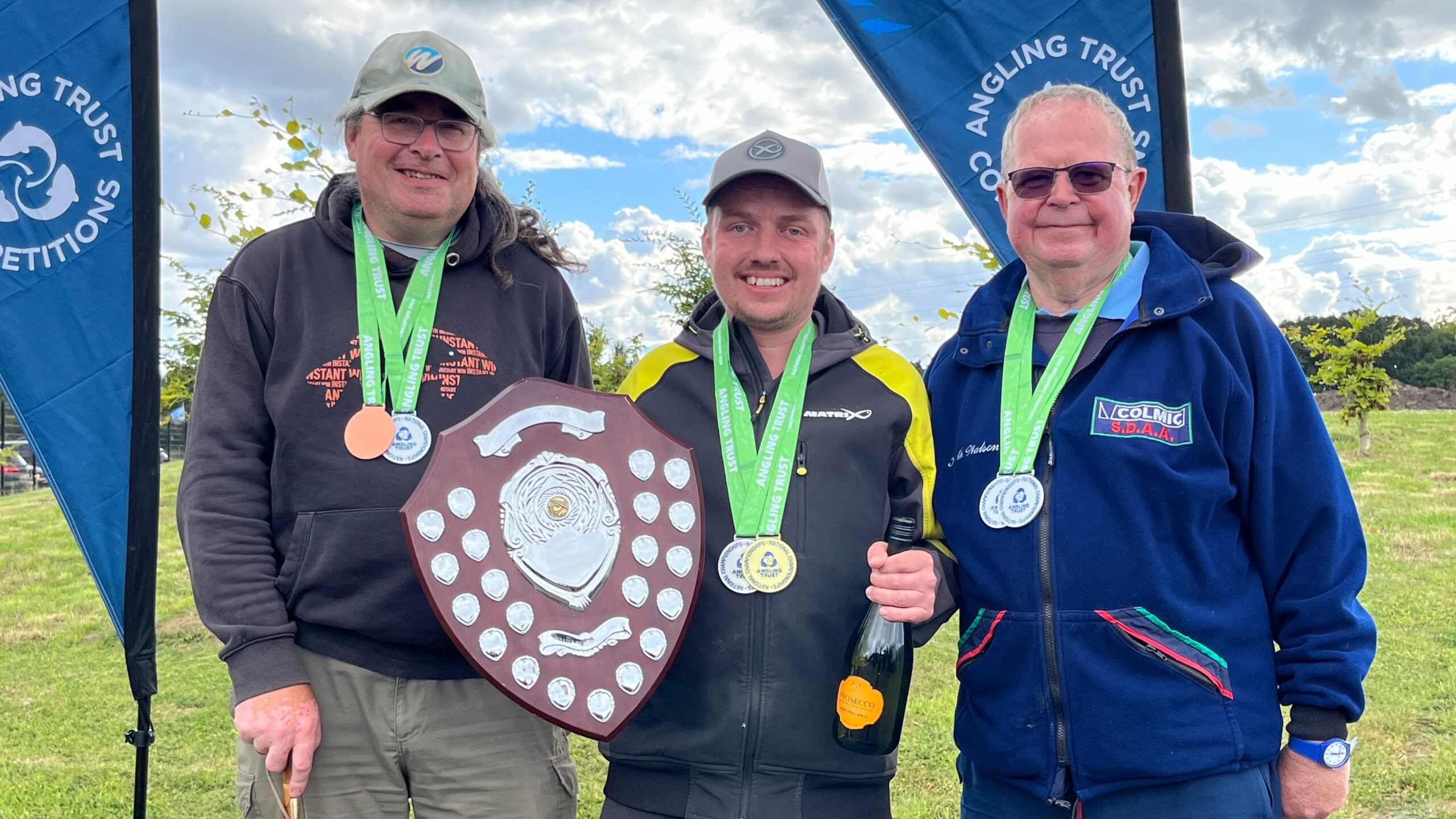
ELLIOT BAGS THIRD NATIONAL WIN AT MARSTON!
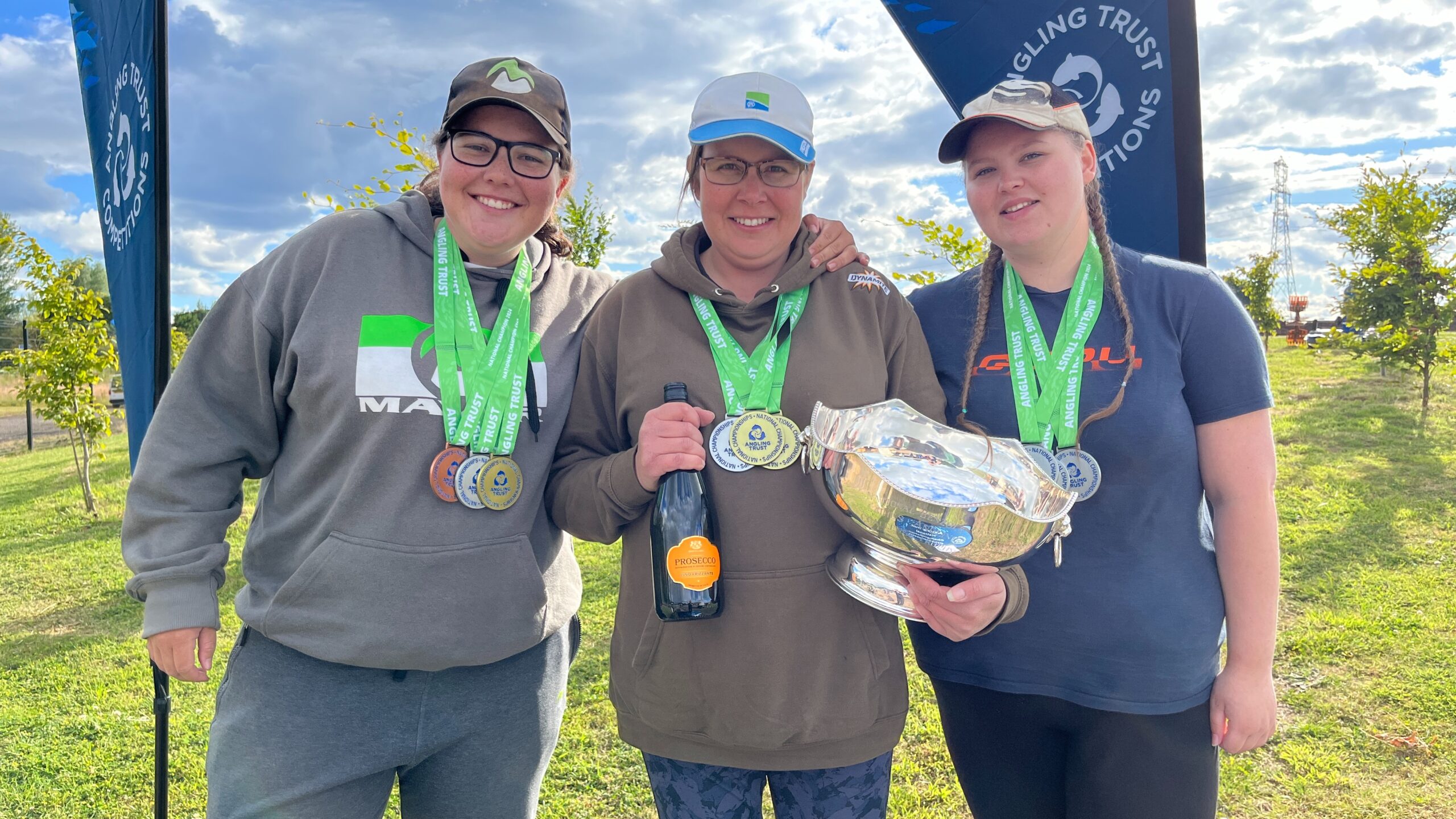
PATIENT APPROACH WIN WOMEN’S NATIONAL FOR LEANNE!
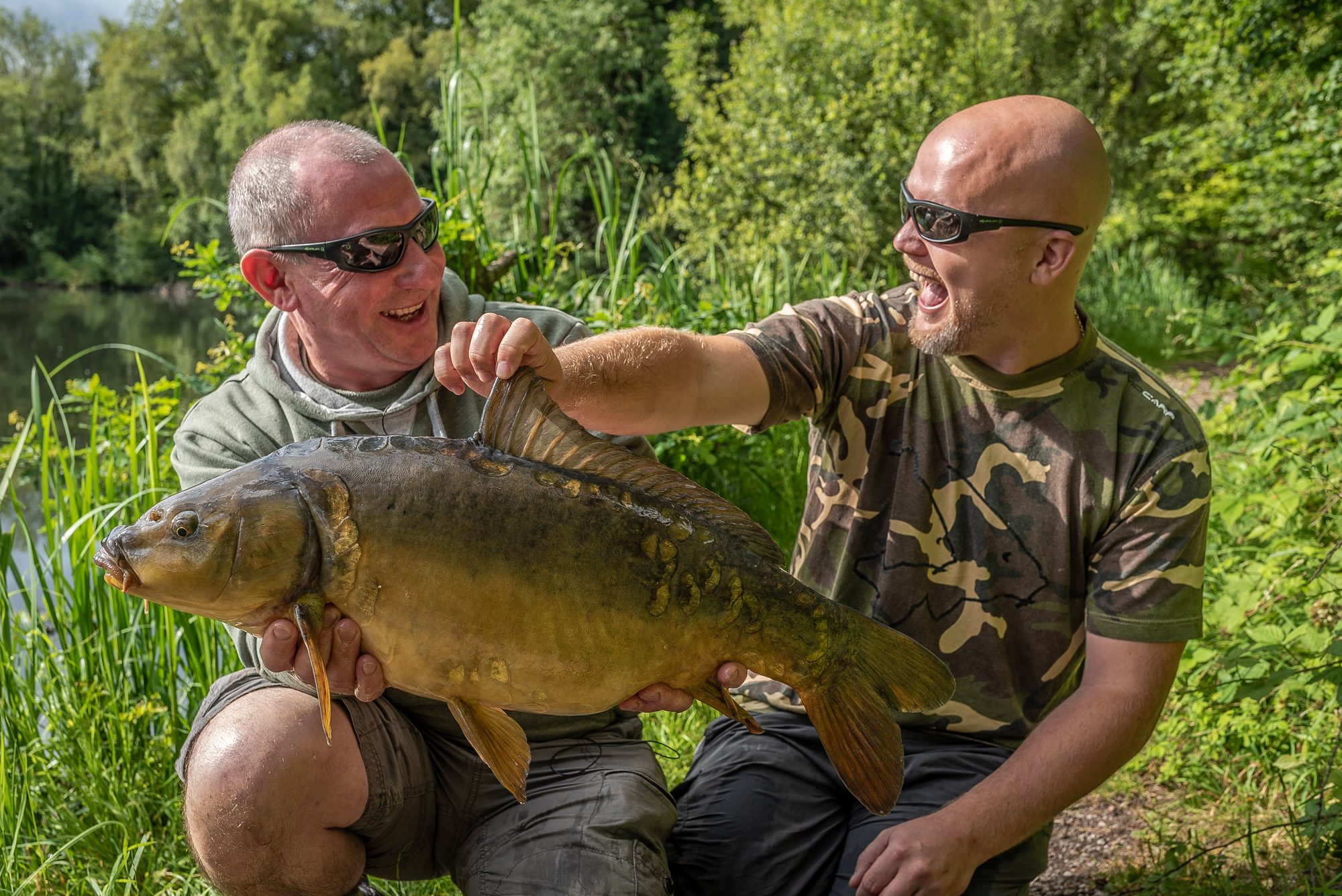
Take a Friend Fishing
27th July to 1st September…









